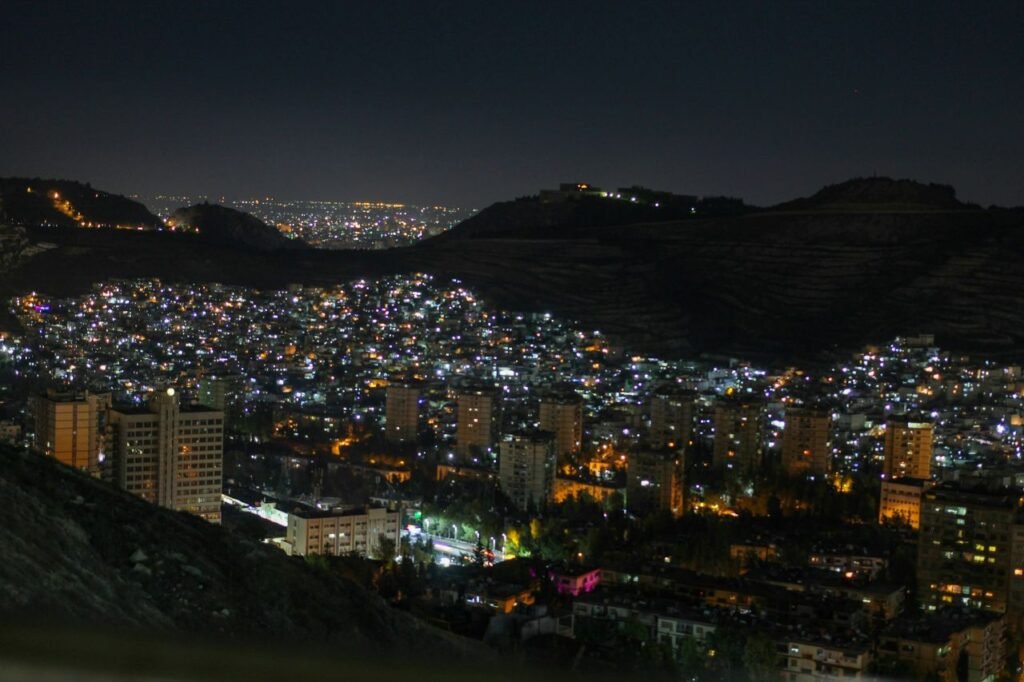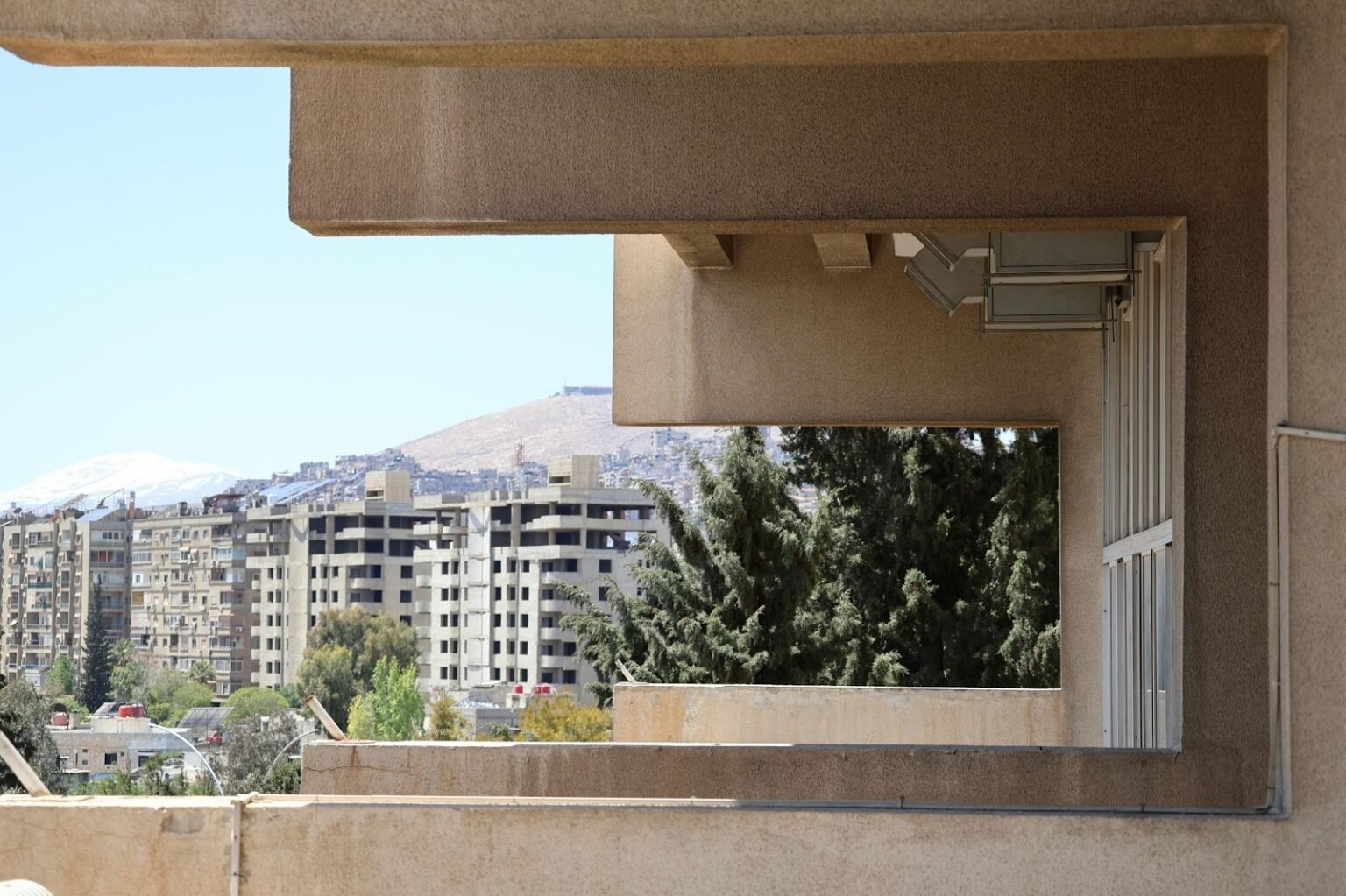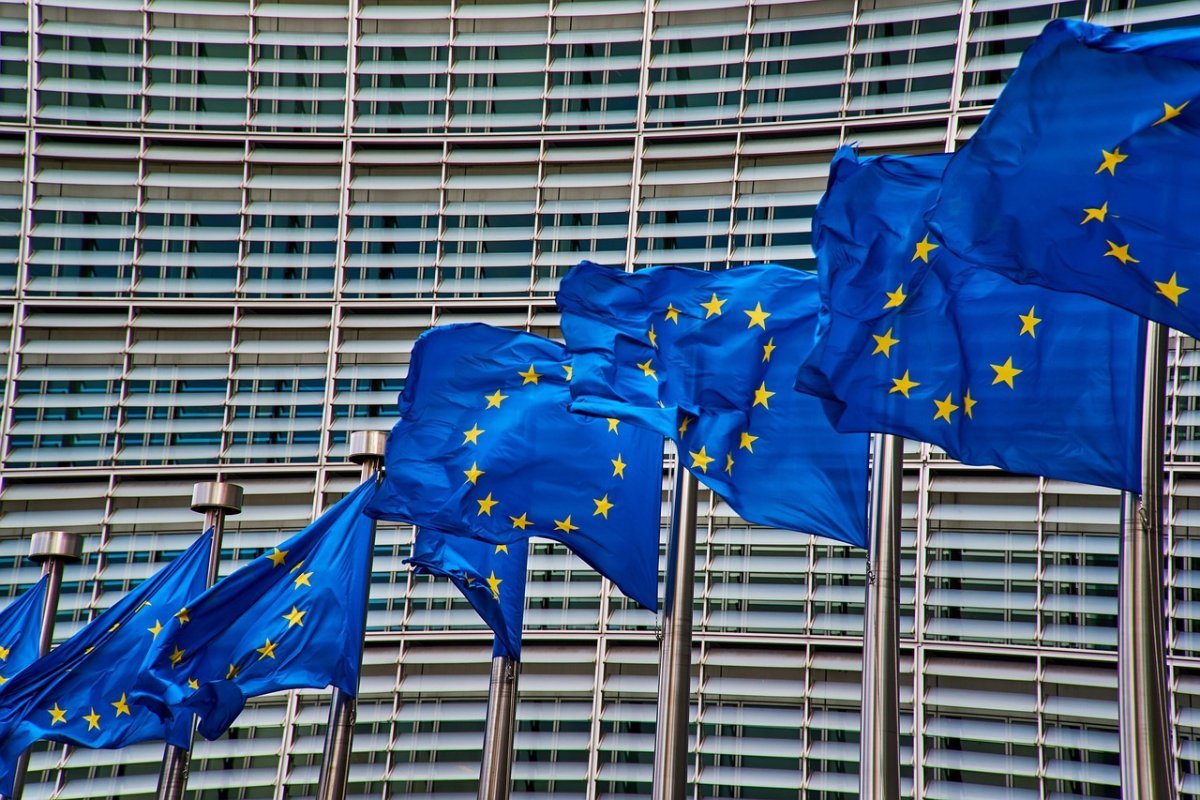Since December of last year, Syrian President Ahmad Al-Sharaa has increased his reassuring statements toward regional and international actors, particularly Israel. This reflects a clear desire by Damascus to break the political deadlock and open new channels of dialogue. However, this positive attitude toward Tel Aviv raises real questions: Can Al-Sharaa fulfill his commitments and maintain control over the still fragile internal security situation, which Israel considers a key condition for progressing in its relationship with Syria?
A Pragmatic Regional Vision:
Regionally, Al-Sharaa appears to be presenting a model based on maneuvering smoothly between regional powers. On one hand, he closely aligns with the interests of allies, especially Turkey. On the other, he carefully moves toward Israel in a way that avoids escalation scenarios. Meanwhile, Tel Aviv closely monitors the relationship between Ankara and Damascus, amid Israel’s declared concerns that Turkey might emerge as a regional power leaning toward the Qatar-Iran axis.
| Behind the Scenes: Observers question whether President Al-Sharaa can balance international and regional interests while maintaining the momentum of Syrian-Israeli communications. Israel remains wary of Turkey’s growing influence, Qatar is heavily involved in Syria financially and through investments, and Israel views developments in southern Syria as part of its national security concerns. |
Political Investments with Political Guarantees:
Recently, Syria’s Ministry of Energy announced the signing of $7 billion worth of energy investment agreements with American, Qatari, and Turkish companies. U.S. envoy to Syria, Thomas Barrack, was present at the signing. This ambitious economic move, which came at a critical time, cannot be separated from political assurances that Syria and Israel are nearing a new phase in their relationship, further boosting the confidence of regional and international investors.
[Insert tweet: https://x.com/mopmr_syria/status/1928137476478042558]
These developments come amid continued Syrian-Israeli contacts. A Reuters report cited five informed sources confirming ongoing communications, focused on security de-escalation rather than normalization. This reflects the transitional nature of the current relationship. An Israeli security source told Al Arabiya that Israel does not intend to interfere in Syria’s internal affairs.
This came after U.S. envoy Thomas Barrack raised the American flag at the U.S. Embassy in Damascus and declared that peace between Israel and Syria is achievable. Two members of the U.S. Congress also relayed Al-Sharaa’s request to join the Abraham Accords.
Can Syria Achieve a Breakthrough?
Behind the scenes, observers again question whether President Al-Sharaa can balance international and regional pressures while sustaining progress in Syrian-Israeli dialogue. Turkey, whose influence alarms Israel, Qatar with its strong financial and investment presence, and Israel with its national security concerns in southern Syria. In this context, the Israeli ambassador to the U.S. stated that Syria and Lebanon could join the Abraham Accords.
The central question: Can Al-Sharaa contain domestic pressures, retain the confidence of his allies, and simultaneously achieve a breakthrough in Syrian-Israeli talks? So far, it seems that the economy may serve as a soft-power tool for this purpose, while ongoing security contacts pave the way for broader understandings without the need for a political declaration at this stage.



